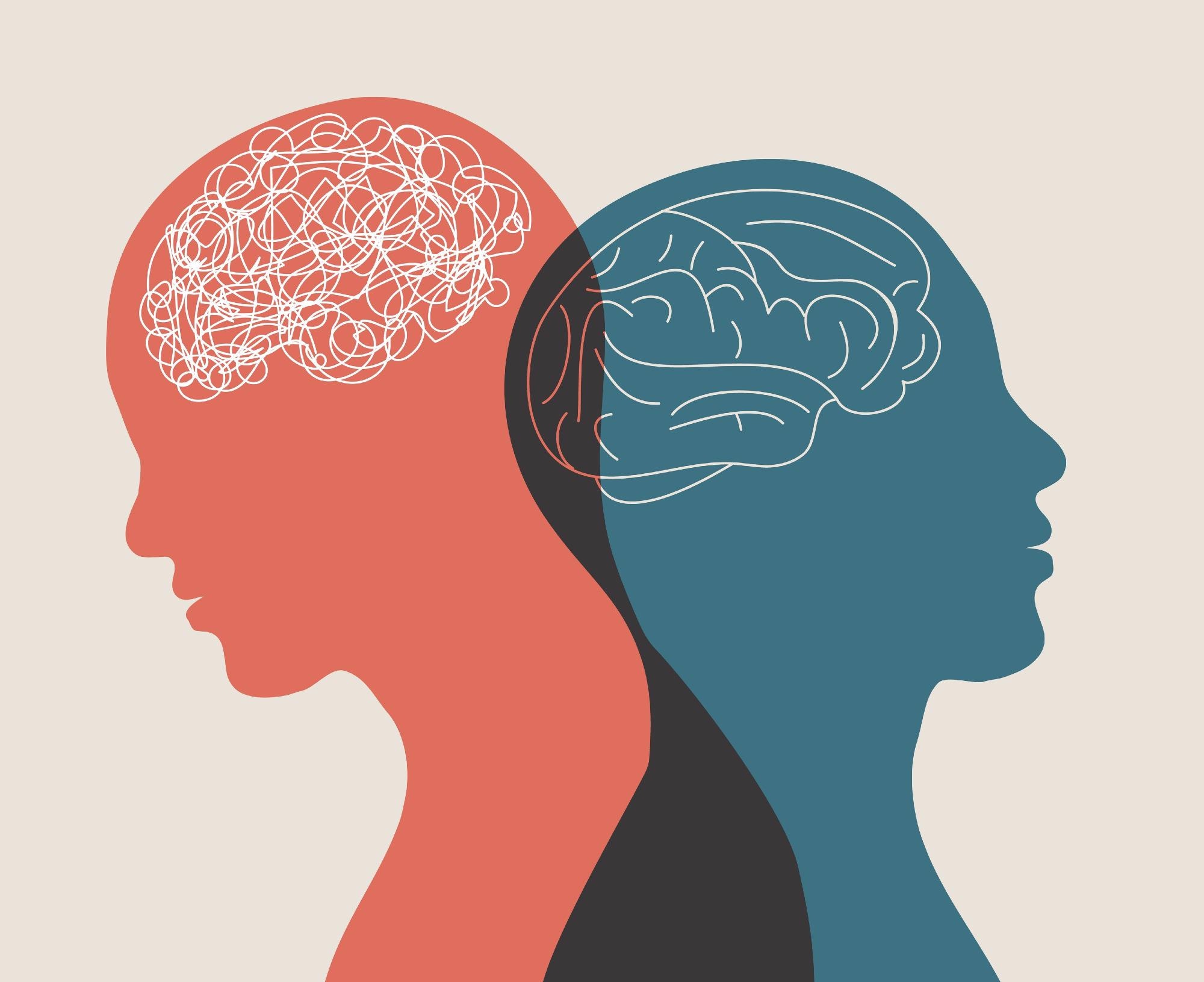Explore Effective Mental Health Services for every single Need
Explore Effective Mental Health Services for every single Need
Blog Article
Understanding the Influence of Workout on Mental Health And Wellness and Total Wellness
Past its physical benefits, the influence of workout on one's mental health has actually been a subject of expanding passion and study - Mental Health Services. As we browse with the complexities of this partnership, a deeper understanding of just how exercise affects our psychological state and general wellness emerges, shedding light on the extensive ramifications it holds for our everyday lives and long-lasting wellness.
Advantages of Workout on Mental Health And Wellness

Normal exercise has been shown to substantially boost psychological health outcomes in people of all ages. Involving in routine workout not only advantages physical wellness however also plays a critical function in improving psychological health and wellness. One of the key benefits of workout is its capacity to minimize symptoms of anxiousness and clinical depression. Physical task stimulates the launch of endorphins, likewise referred to as the "feel-good" hormonal agents, which can assist minimize feelings of tension and improve state of mind.
Moreover, workout has actually been connected to enhanced cognitive feature and general mind health and wellness (Mental Health Services). Studies have revealed that routine physical activity can improve focus, decision-making, and memory skills. It can also add to a decrease in the danger of cognitive decrease as people age. Additionally, exercise advertises much better rest patterns, which are necessary for keeping great psychological health.

Connection In Between Exercise and Anxiety
Exercise functions as a powerful system for relieving tension and promoting mental well-being by facilitating the launch of endorphins and cultivating a feeling of leisure and restoration. When stress and anxiety degrees rise, the body's fight-or-flight response is caused, bring about boosted cortisol levels. Routine exercise helps neutralize this action by decreasing cortisol levels, which subsequently reduces tension. Moreover, exercise advertises the manufacturing of endorphins, frequently referred to as the body's natural painkillers, which function as mood lifts and stress relievers - Mental Health Services.
Participating in exercise additionally provides an interruption from day-to-day stress factors, permitting individuals to concentrate on the existing moment instead of pondering on resources of stress. In addition, exercise can improve self-worth and confidence, supplying a feeling of success and control that can battle feelings of vulnerability frequently linked with tension. By including exercise into a normal routine, individuals can efficiently handle tension levels, resulting in enhanced mental well-being and general quality of life.
Impact of Exercise on Mood
The relationship between exercise and state of mind is well-documented, with countless researches highlighting the positive impacts of physical activity on mental health and wellness. Furthermore, normal exercise can lead to improved self-confidence and a sense of achievement, which can better enhance one's general state of mind.
Furthermore, the impact of workout on state of mind extends beyond just the instant post-workout period. Study suggests that people who preserve a constant exercise routine are most likely to experience long-lasting improvements in their state of mind and emotion. This can be credited to the structural changes in the brain that take place as a result of routine exercise, such as boosted connection between mind areas accountable for managing emotions.
Exercise and Cognitive Feature
Various studies have actually shown the considerable influence of my latest blog post physical task on cognitive feature, highlighting the intricate relationship between workout and mental procedures. Involving in regular workout has been shown to enhance numerous facets of cognitive feature, including memory, attention span, analytical skills, and general mental acuity.
Furthermore, consistent exercise has actually been linked to a lowered risk of cognitive decline and neurodegenerative conditions such as Alzheimer's. Research studies recommend that people who preserve an active way of life throughout their lives experience slower prices of cognitive decrease contrasted to those that are less active. On the whole, the evidence extremely supports the notion that normal workout is not only helpful for physical health and wellness yet also plays an essential duty in protecting and improving cognitive feature.
Strategies for Incorporating Workout
Taking on a structured method to integrating exercise into daily regimens can substantially improve the chance of keeping a constant exercise regimen. One efficient method is to set details, possible goals. These goals need to be reasonable and customized to individual capacities to avoid sensations of failing and ensure inspiration. In addition, incorporating exercise right into existing routines, such as strolling or biking to function, taking the staircases instead of the lift, or scheduling normal exercise sessions, can aid make physical task a habitual component of every day life.
Another beneficial strategy is to find activities that are pleasurable. Whether it's dance, swimming, cycling, or yoga exercise, involving in tasks that bring satisfaction increases the chances of sticking to the workout routine in the future. Differing the types of exercises and establishing apart time for both strength-training and cardio tasks can prevent boredom and provide an alternative strategy read review to physical fitness.
Integrating exercise right into social tasks, such as signing up with a sporting activities team or exercise group, can additionally promote a feeling of community support and accountability, making it easier to remain dedicated to regular exercise. By applying these techniques, individuals can develop a sustainable and satisfying workout routine that advertises psychological health and total health.
Final Thought
In final thought, workout has many advantages for psychological health and wellness and general wellness. By recognizing the influence of workout on psychological wellness, individuals can take positive actions to prioritize their physical activity and gain the favorable impacts on their emotional and psychological state.

Report this page